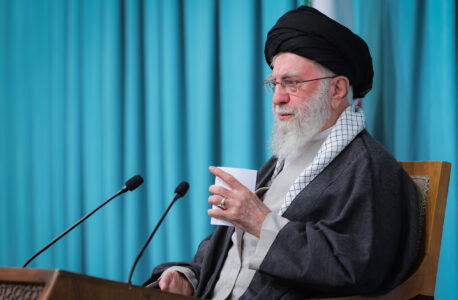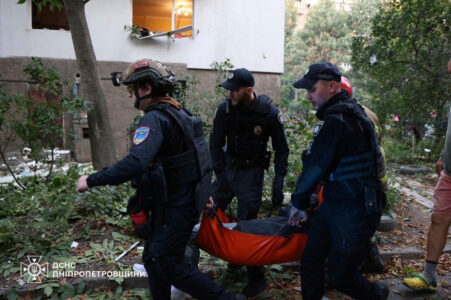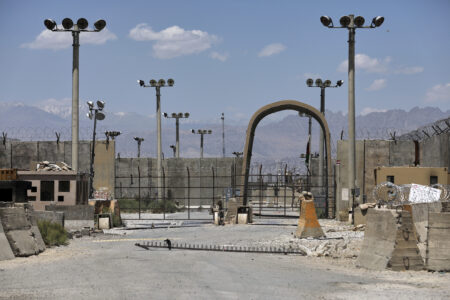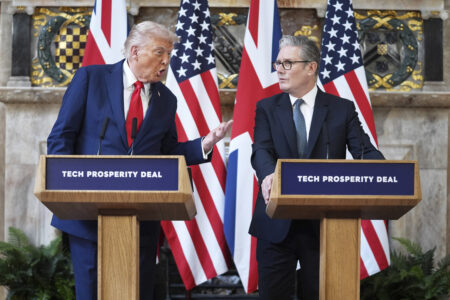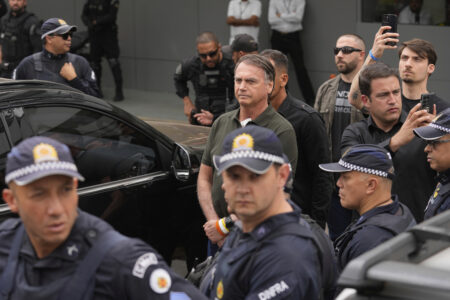Iran’s supreme leader rejects direct nuclear talks with US
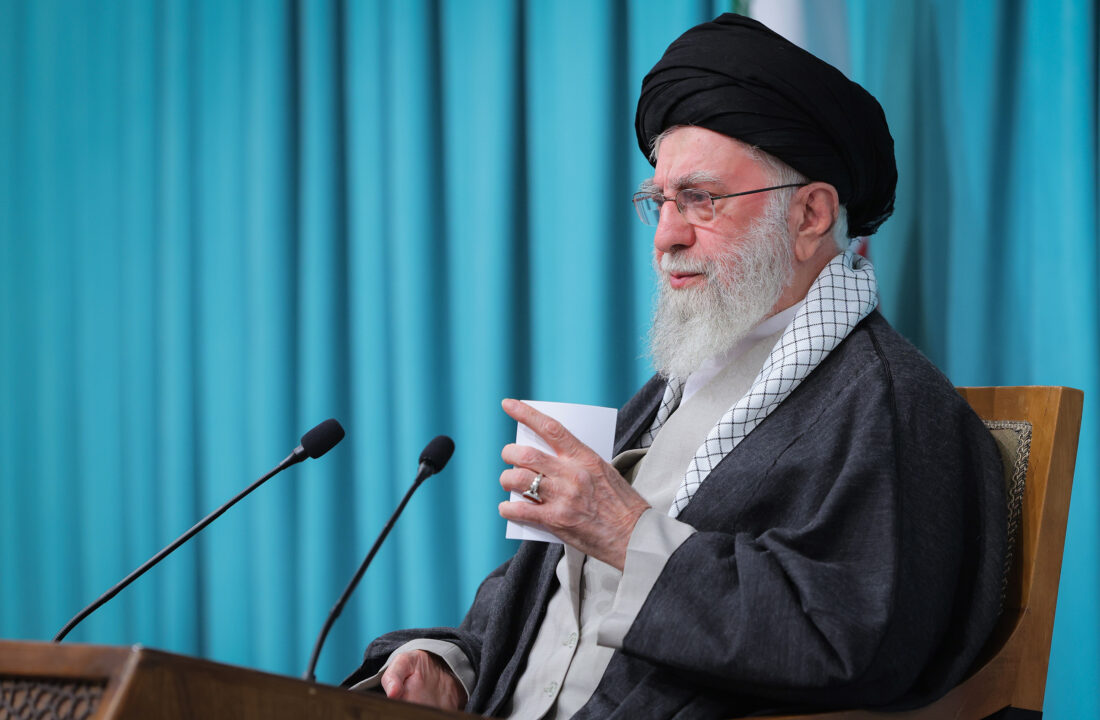
In this photo released on Tuesday by an official website of the office of the Iranian supreme leader, Supreme Leader Ayatollah Ali Khamenei speaks in a televised speech. (Office of the Iranian Supreme Leader via AP)
VIENNA (AP) — Iran’s supreme leader on Tuesday rejected direct negotiations with the United States over his country’s nuclear program, likely slamming the door shut on a last-ditch effort to halt the reimposition of United Nations sanctions on Tehran.
Ayatollah Ali Khamenei’s remarks, aired on Iranian state television, likely constrain any possible outreach to the U.S. by Iranian President Masoud Pezeshkian, who is in New York for the U.N. General Assembly. Separately, Iranian Foreign Minister Abbas Araghchi held meetings there with diplomats from France, Germany and Britain over the reimposition of the sanctions, set to take effect Sunday.
Talks with the U.S. represent “a sheer dead end,” Khamenei said.
“The U.S. has announced the results of the talks in advance,” he added. “The result is the closure of nuclear activities and enrichment. This is not a negotiation. It is a diktat, an imposition.”
The German Foreign Office, in comments posted on X after the meeting with Araghchi, said that France, Germany, Britain and the EU urged Iran to take steps within days, “if not hours,” to address concerns over its nuclear program. It should resume direct talks with the U.S. and provide the International Atomic Energy Agency with access to all its nuclear sites, “in line with its obligations,” the statement said.
The three European countries, known as the E3, triggered the so-called “snapback” mechanism to reinstate sanctions — barring a last-minute accord — over Iran’s failure to comply with conditions of a 2015 nuclear deal aimed at preventing Tehran from developing nuclear weapons.
The meeting Tuesday did not appear to move closer to a resolution before Saturday’s deadline. But a French diplomat said that the European leaders plan to make “full use” of the remaining time. The diplomat spoke on condition of anonymity because they were not authorized to publicly discuss the private meeting.
The German Foreign Office said “diplomatic engagement” would continue even if sanctions are reimposed Sunday.
Earlier, Germany’s Foreign Minister Johann Wadephul had described the chance of reaching an agreement with Iran by the weekend “extremely slim,” the German news agency dpa had reported, even before Khamenei’s comments.
In his speech late Tuesday, French President Emmanuel Macron said the Middle East region can only be at peace if Iran’s nuclear program “is once again fully under control.”
“The next steps to come will be decisive,” he said, adding that he’s willing to meet with Iran’s president this week to secure a deal.

